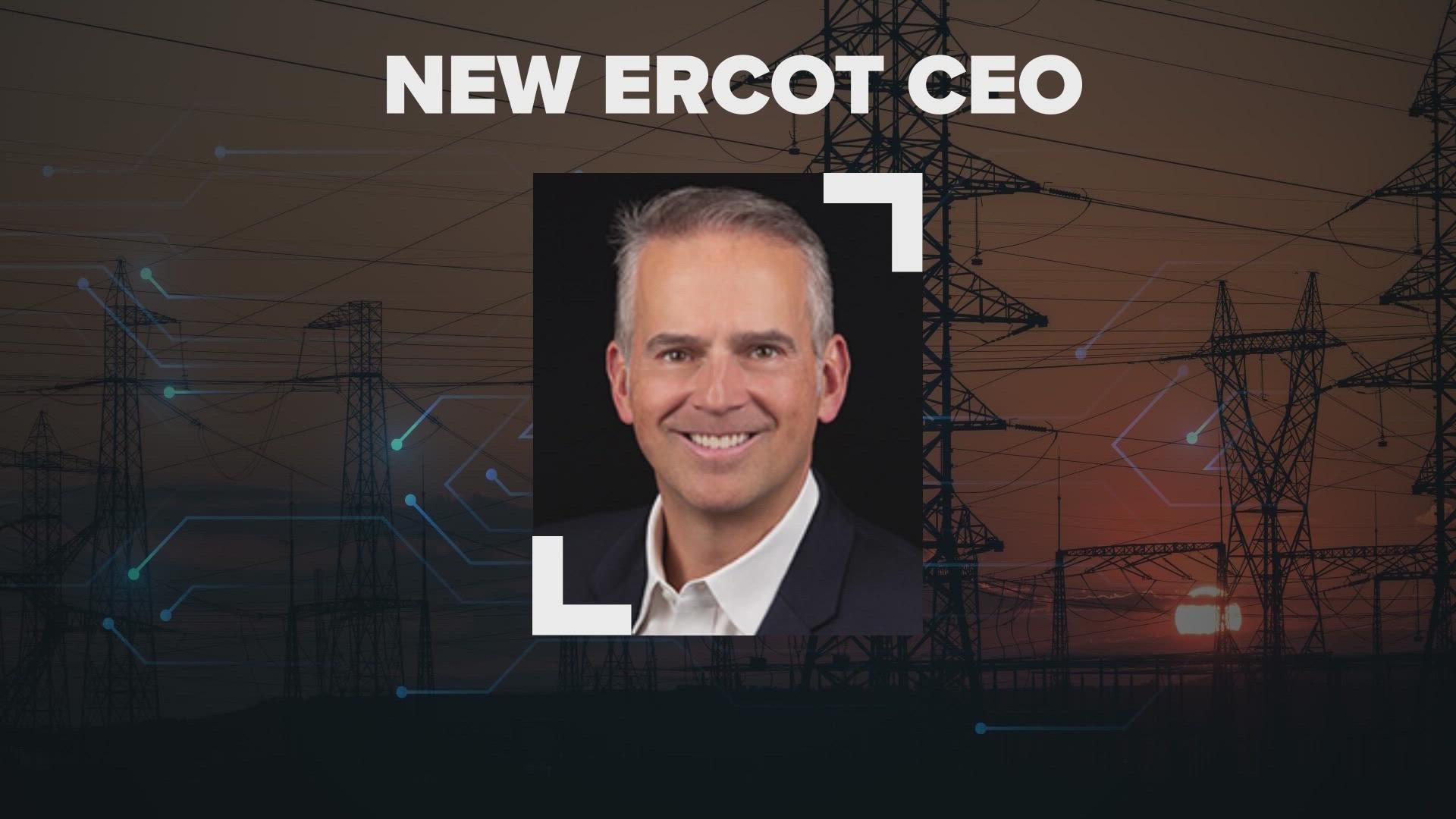SAN ANTONIO — Texans have so far paid about $1 billion in 2022 for a change the Public Utility Commission implemented to try and make the state's power grid more reliable, a watchdog monitoring ERCOT told policymakers Tuesday.
The Independent Market Monitor's report contains data from January 1 to July 31, indicating Texans' tab is not yet closed.
In response to the grid's collapse during Winter Storm Uri, the PUC tweaked Texas's utility market to lure more power generators into producing electricity when demand is high.
The commission effectively set a higher floor price for the commodity, triggered when electricity reserves drop below a certain threshold. In theory, the move would incentivize production when it's most needed by guaranteeing generators more lucrative profits.
In exchange, the PUC lowered the cap on electricity prices from $9,000 to $5,000/MWh.
But policymakers made these changes without analyzing how much it would cost consumers, energy consultant Doug Lewin said.
"What the PUC did last year is 'Ready, fire, aim,'" Lewin, president of Stoic Energy, told KENS 5. "We shot at a target we weren't sure we were shooting at and we overshot it."
Lewin says it's hard to determine whether the move has helped to keep the lights on during points of record-breaking energy demand in Texas this summer. He's skeptical the incentive has made the grid more reliable.
The watchdog report also found that Texas ratepayers have essentially wasted $2 billion this year on electricity that cannot travel through existing power lines. ERCOT pays generators to limit production so that transmission wires aren't overloaded with electricity.
Lewin and other experts have long contended that Texas does not have adequate transmission infrastructure to carry power from newer generators, particularly solar farms, to customers in major Texas cities.
"This is one of the top needs the state has," Lewin said. "This has got to be on anybody's short list for things we've got to address."
Newly-named ERCOT CEO Pablo Vegas is charged with addressing these problems. The council will pay him $990,000 each year to lead its efforts.
Vegas could make more than $2 million each year, after incentives. He'll also collect a nearly-$7 million signing bonus over the next six years.
"If he's able to increase reliability while helping to bring down some of these outrageous energy costs Texans are paying, then perhaps he will have been worth it," Lewin said.

